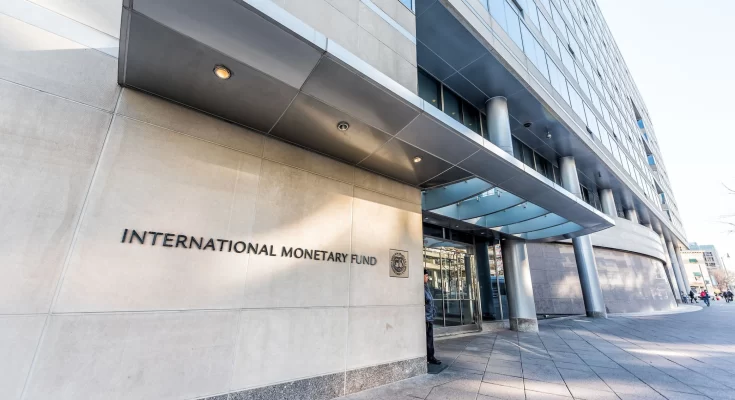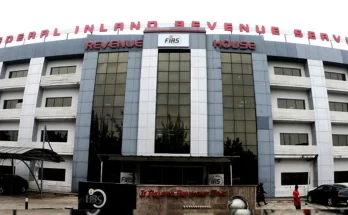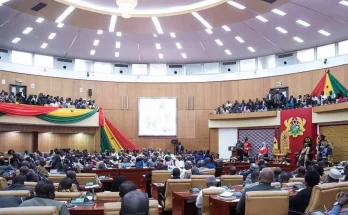Nigeria: FIRS Set to Evolve Under New Tax Laws. The International Monetary Fund (IMF) has reaffirmed its commitment to supporting Nigeria’s tax reform journey through the Federal Inland Revenue Service (FIRS), especially following the recent passage of four major tax laws aimed at strengthening revenue mobilization and economic governance.
This assurance was made during the opening session of the IMF-backed Headquarters Mission at FIRS headquarters in Abuja.
FIRS Applauded for Progress Under New Leadership
Speaking at the session, Paulo Paz, a Senior Economist with the IMF’s Fiscal Affairs Department, commended the FIRS under the leadership of Executive Chairman, Dr. Zacch Adedeji, for its notable strides in improving tax administration and service delivery to citizens.
He highlighted the strategic role the new tax laws will play in transforming Nigeria’s fiscal system and underscored the IMF’s interest in helping the country navigate its new responsibilities.
“You now have new responsibilities with these powerful laws, which will further increase the relevance of tax administration in Nigeria,” Paz stated.
IMF to Support Implementation of New Tax Laws
The four newly signed tax reform laws—unifying legislation around tax policy, administration, service delivery, and inter-agency collaboration—are expected to increase compliance and transparency.
Paz emphasized that the IMF is ready to offer hands-on technical assistance, especially in areas such as compliance monitoring, e-invoicing, VAT modernization, and strategic planning.
“These new tax laws will bring new impact to Nigeria… and we want to know how best we can support you in meeting the challenges ahead,” he noted.
Nigeria Banks Resume International Transactions on Naira Cards Amid Renewed FX Stability
FIRS Optimistic About Collaboration with IMF
Dr. Adedeji, represented by Chief of Staff Tayo Koleosho, welcomed the IMF’s continued engagement, describing the Fund as a long-standing partner in Nigeria’s fiscal reform journey.
He noted the shared progress in automation, VAT compliance, and internal restructuring, stating that the FIRS is now positioned to transition into the Nigeria Revenue Service (NRS) with stronger institutional support.
“We are working together in areas such as digital transformation, VAT automation, and data portfolio management to make our goals measurable and impactful,” Koleosho explained.
TADAT Reforms Reflect Improved Tax System Performance
Mrs. Bolaji Akintola, Coordinating Director of the Corporate Services Group at FIRS, highlighted how IMF-led assessments using the Tax Administration Diagnostic Assessment Tool (TADAT) have shaped FIRS reforms since 2018.
Two TADAT reviews—conducted in 2018 and 2023—led to structured reform roadmaps. She confirmed that many gaps identified in 2023 have now been addressed, thanks to institutional reforms and recent legislation.
“If another TADAT were conducted today, the results would likely surpass those of 2023,” Akintola affirmed.
Building a Stronger Revenue System for National Sustainability
The IMF-FIRS collaboration is seen as a key element in Nigeria’s broader push to improve tax collection, reduce reliance on oil revenue, and fund critical infrastructure and social programmes.
With the four new tax laws now in effect, experts believe Nigeria is entering a crucial phase where tax policy, administration, and compliance must work hand-in-hand to meet national goals.
“Further tax reforms and increased investment in public financial management will be essential for medium-term fiscal sustainability,” the IMF stated in its broader fiscal report.




